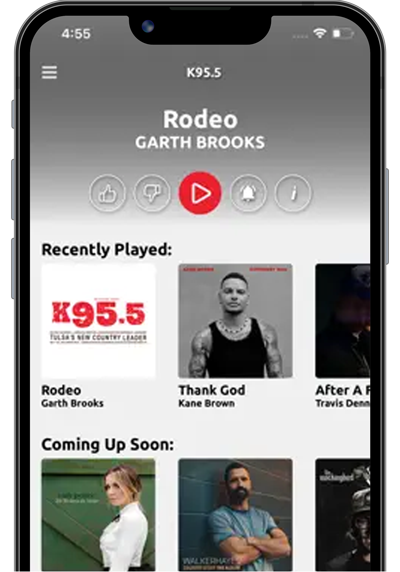Consumer Reports is urging schools to cross Lunchables off their menus.
The publication tested the cafeteria version of the popular school lunch and said that it had higher levels of sodium than ones consumers can purchase at a grocery store, CNN reported.
The cafeteria versions of the Lunchable kit, which are produced by Kraft Heinz, were rolled out nationally last year.
Store-bought Lunchables have between 460 and 740 milligrams of sodium, or between a quarter and half of what is recommended for children to consume daily.
The turkey and cheddar cafeteria version had 940 milligrams, while the store version had 740 milligrams.
The cafeteria versions of the turkey and cheddar offering and the extra cheesy pizza had to be reformulated to add more protein and whole grains, but that also reduced situated fat and sodium at a larger portion size than the traditional Lunchables, CNN reported.
Consumer Reports also tested similar packages from other companies alongside the store versions of Lunchables. In all, it tested 12 products including Armour LunchMakers, Good & Gather, Greenfield Natural Meat Co. and Oscar Mayer.
High sodium levels were also found in the non-Lunchable versions.
“We don’t think anybody should regularly eat these products, and they definitely shouldn’t be considered a healthy school lunch,” Consumer Reports chemist Eric Boring said in a statement, according to USA Today.
Consumer Reports also found lead and/or cadmium — in the regular kits, not the cafeteria versions — but not at levels that exceeded the federal limit. There was also at least a type of phthalate or phthalate replacement in every lunch tested except for one - Lunchables Extra Cheesy Pizza.
Cadmium is a human carcinogen that has been linked to kidney and bone disease, according to the World Health Organization. It is found in soil and cannot be avoided.
The Centers for Disease Control and Prevention said there is no safe level of lead consumption, according to USA Today.
Phthalates are called “everywhere chemicals’ and are found in plastic and can be linked to reproductive issues, diabetes and some cancer.
Kraft Heinz released a statement to CNN saying it is looking to make the cafeteria version of Lunchables healthier, including adding fresh fruit in a partnership with Fresh Del Monte and “reducing the sodium in all Lunchables crackers by 26%.”
The company added, “All our foods meet strict safety standards that we happily feed to our own families. We are proud of Lunchables and stand by the quality and integrity that goes into making them.”
The U.S. Department of Agriculture which oversees school lunches told CNN, “Our requirements address the overall content of meals – some of them on a daily basis and others on a weekly basis. So, the Lunchables described in the article would need to be paired with fruit, vegetables and milk. In addition, a school who wanted to serve a higher sodium product one day has to balance that with lower sodium items on others.”
To see Consumer Reports complete investigation results, click here.
© 2024 Cox Media Group

:quality(70)/cloudfront-us-east-1.images.arcpublishing.com/cmg/J5QSNOWRPBERVA2KU7ZJUVHAB4.jpg)
:quality(70)/cloudfront-us-east-1.images.arcpublishing.com/cmg/HB3G2N2T65G7PJNJWZCYV3RNBA.jpg)
:quality(70)/cloudfront-us-east-1.images.arcpublishing.com/cmg/PBPUEHROCJFRPOYC646DFEBTNM.png)
:quality(70)/cloudfront-us-east-1.images.arcpublishing.com/cmg/J5F77YDVQRG7TP7S2DYDFQUL7Q.png)
:quality(70)/cloudfront-us-east-1.images.arcpublishing.com/cmg/47KLUFAYERCSTF7753UWAFEDTM.jpg)



